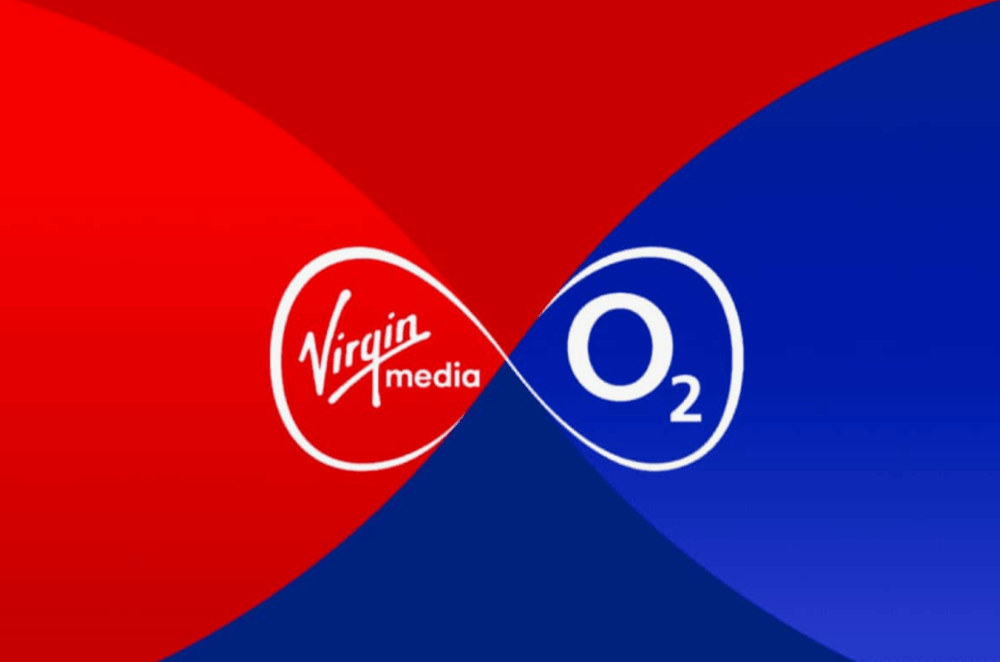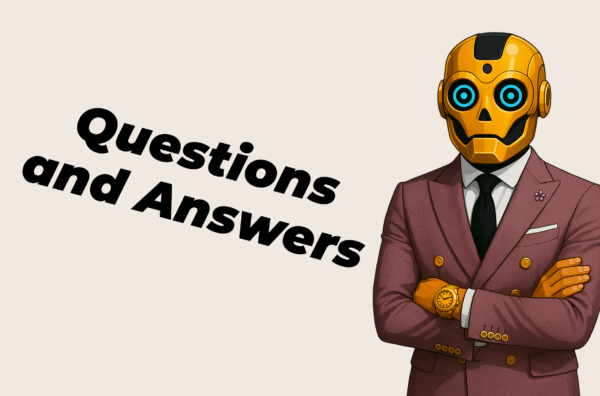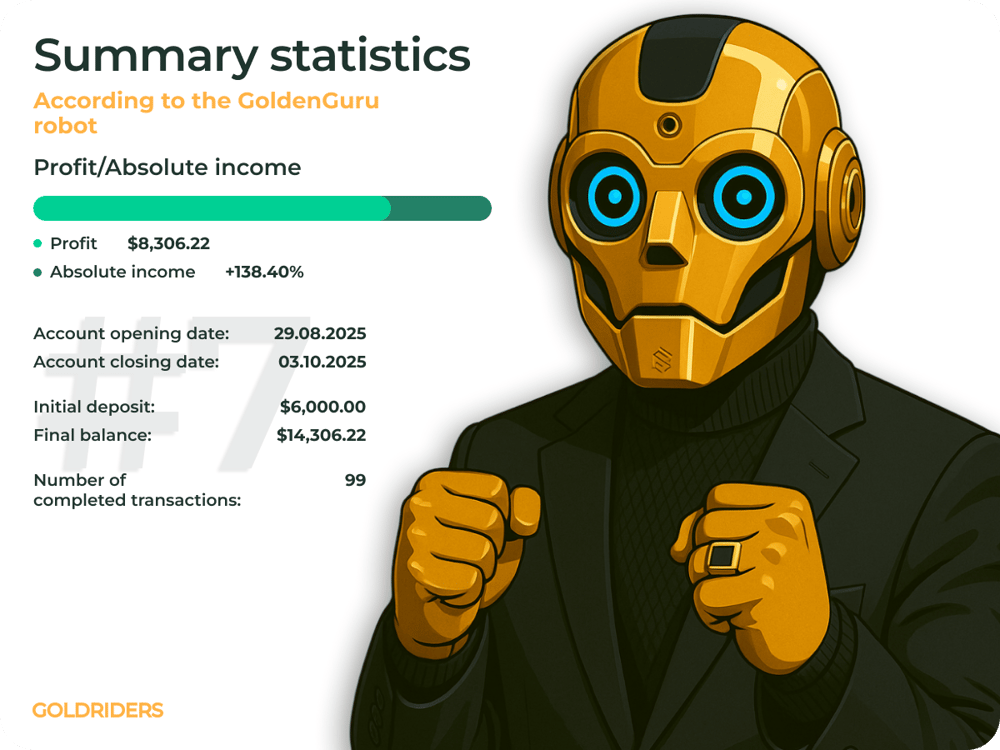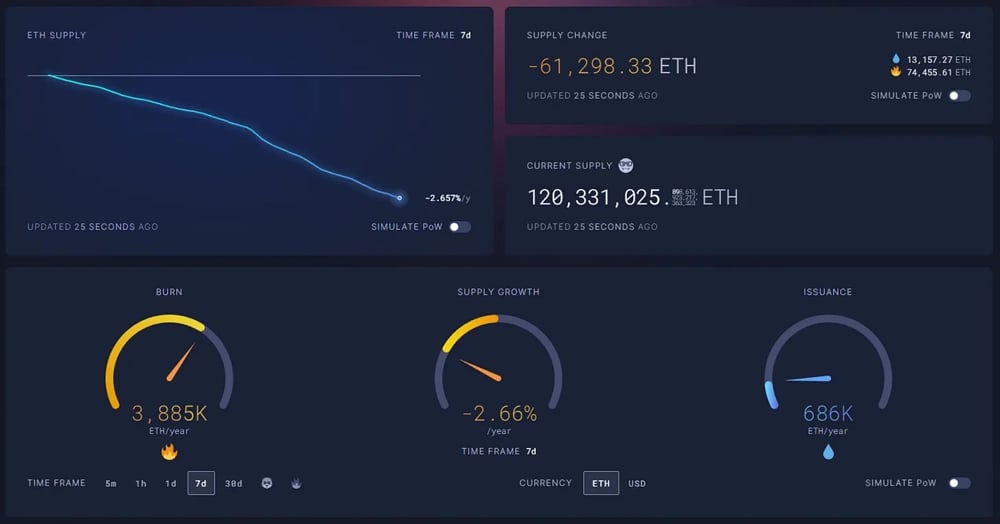Virgin Media O2 and Daisy Group Join Forces to Create a New IT and Communications Powerhouse

Virgin Media O2, a leading British telecommunications company, has announced a major strategic move aimed at transforming the corporate telecom and IT services sector. The company revealed its plans to merge its corporate division with Daisy Group, a prominent UK-based telecommunications provider for businesses. The result of this merger will be a new entity that offers a comprehensive range of communication and IT solutions tailored to the needs of businesses.
The merger reflects a growing trend in the telecom industry, where companies are looking to consolidate their strengths in both communications and IT services to better serve their enterprise customers. The newly formed joint venture will be 70% owned by Virgin Media O2—an enterprise jointly held by Liberty Global $LBTYK and Telefónica $TEF —with the remaining 30% held by Daisy Group. This collaboration is expected to create a powerful player in the business telecommunications and IT services market, with an estimated revenue of £1.4 billion ($1.85 billion) and an adjusted EBITDA of £150 million ($190 million) for 2024.
This article will explore the strategic implications of this merger, its potential impact on the telecom industry, and how this partnership could reshape the business telecommunications landscape in the UK.

The Dynamics of the Virgin Media O2 and Daisy Group Merger
The decision to merge the corporate arms of Virgin Media O2 and Daisy Group is a significant development in the telecom sector. By pooling resources and expertise, the two companies aim to address the growing demand for integrated communications and IT solutions for businesses. Here’s a deeper look into what this merger brings to the table.
Key Aspects of the Merger
The new joint venture created by Virgin Media O2 and Daisy Group will bring together complementary strengths, providing a broader range of solutions for business customers. Here are the key components of the merger:
Ownership Structure: The new company will be predominantly owned by Virgin Media O2 (70%), with Daisy Group retaining a 30% stake. This structure ensures that Virgin Media O2 maintains control while benefiting from the expertise and reach of Daisy Group in the UK business telecom sector.
Target Market: The combined entity will focus on delivering telecommunications and IT solutions to businesses of all sizes. The merger allows the new company to leverage Daisy Group’s established business clientele and Virgin Media O2’s extensive infrastructure.
Revenue and Profit Outlook: With an expected revenue of £1.4 billion and an adjusted EBITDA of £150 million for 2024, the new venture is positioned to become a formidable competitor in the UK telecom and IT services market.
Comprehensive IT and Telecom Solutions: This merger creates a more competitive offering for businesses that are increasingly looking for seamless integration of IT services and telecom solutions. The combined company will provide a broad portfolio of services ranging from broadband connectivity to cloud-based communication tools.

The Strategic Importance of the Merger
The telecom and IT services markets are undergoing a major transformation, with increasing demand for integrated solutions. This merger is an attempt by Virgin Media O2 to strengthen its presence in the corporate sector and stay ahead of the competition. Here’s how the merger is strategically significant:
Expansion in the Corporate Sector: Virgin Media O2 has long been a leader in consumer telecom services, but this merger allows it to significantly expand its footprint in the corporate sector, where demand for integrated IT and telecom solutions is rising.
Leveraging Daisy Group’s Expertise: Daisy Group has a strong presence in the business telecom sector, offering services such as voice, data, and cloud-based solutions. By bringing this expertise into the fold, Virgin Media O2 is enhancing its ability to serve a diverse range of business clients, from SMEs to large enterprises.
Creating a More Competitive Entity: The telecom landscape is fiercely competitive, with several major players vying for business clients. By combining forces with Daisy Group, Virgin Media O2 creates a stronger competitor to other business-focused telecom providers, such as BT Group $BT.A.L and Vodafone $VOD.L.
Continuation: Potential Market Impact and Industry Response
The merger between Virgin Media O2 and Daisy Group is expected to reshape the UK business telecom and IT services market. Here’s a look at the potential implications for the industry, businesses, and competitors.
Market Implications
The combined capabilities of Virgin Media O2 and Daisy Group will create a significant player in the UK market. As businesses increasingly demand more integrated solutions for their communication and IT needs, this merger places the new entity in a prime position to capitalize on this trend. Here are some key points to consider:
Driving Innovation: By joining forces, Virgin Media O2 and Daisy Group will have the resources to invest in new technologies and solutions that cater to the changing needs of businesses. This includes advancements in cloud services, unified communications, and 5G connectivity.
Increased Competition: The merger intensifies competition among UK telecom providers, particularly for corporate clients. As businesses seek more robust and integrated telecom services, providers like BT Group and Vodafone may need to respond with their own strategic moves to retain market share.
Improved Service Offerings: With the expanded resources and expertise, the new company will likely offer more competitive pricing, better service offerings, and a more diversified product portfolio. This will enable businesses to choose from a broader array of solutions that best meet their needs.

Numbered List: Key Benefits of the Merger
The merger between Virgin Media O2 and Daisy Group brings several significant benefits:
Stronger Market Position: The combined entity will have a larger customer base and more resources to deliver cutting-edge solutions to businesses in the UK.
Access to New Technologies: The merger allows the new company to invest in emerging technologies, including 5G, IoT, and cloud services, which are becoming increasingly important for businesses.
Increased Operational Efficiency: By pooling their resources, Virgin Media O2 and Daisy Group can streamline operations, reduce costs, and improve service delivery for their business clients.
Enhanced Service Offerings: Businesses will have access to a comprehensive range of communication and IT solutions from a single provider, making it easier for them to manage their operations.
Conclusion: A New Era in UK Telecom and IT Services
The merger between Virgin Media O2 and Daisy Group represents a significant shift in the UK telecom and IT services market. By combining their strengths, the two companies have created a new entity capable of offering a comprehensive range of solutions to meet the evolving needs of businesses. With strong financial backing, an expansive customer base, and a broader portfolio of services, the new venture is well-positioned to thrive in the competitive telecom landscape.
As the demand for integrated IT and telecom solutions continues to rise, this merger could set a precedent for other telecom providers looking to enhance their business offerings. For Virgin Media O2, it’s a strategic move that allows the company to extend its influence in the corporate sector and stay ahead of the curve in a rapidly evolving industry.














Comments